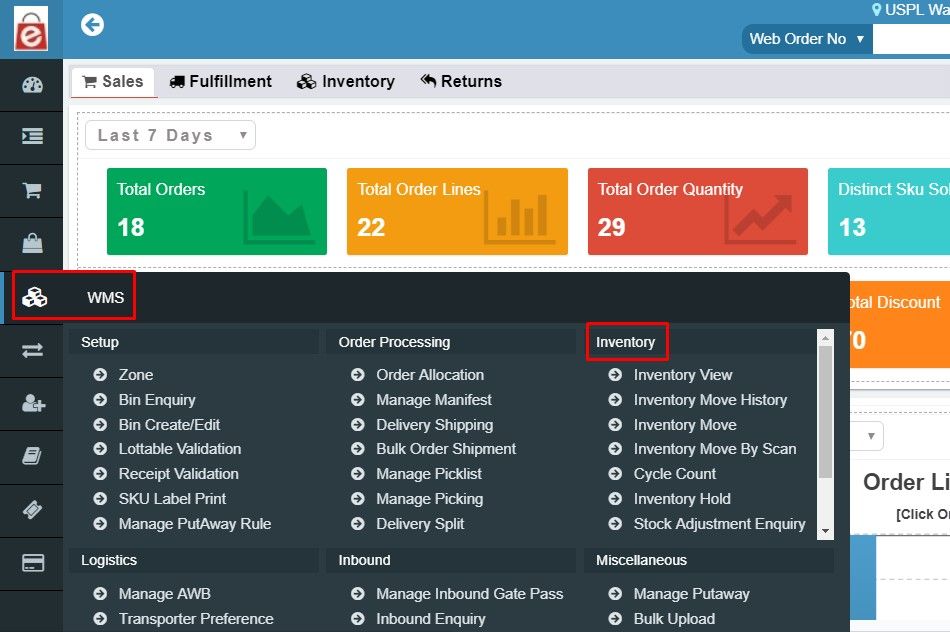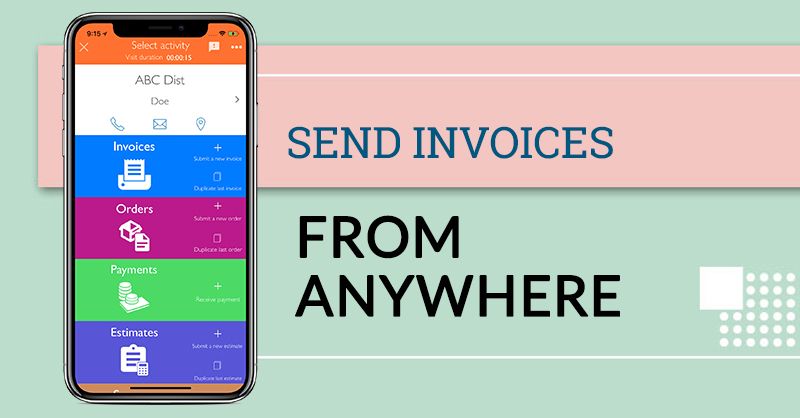

Keeping your business website safe from hackers
As an owner of a business website, keeping the website safe and secure should be of the utmost importance.
Maintaining healthy websites and an online presence is as significant as ever in this digital age so it’s crucial to understand how to protect your site from malicious software and hackers. On top of this, you likely have sensitive information relating to you or the business linked to your site.
Thankfully, we have the hottest tips for keeping your website safe from hackers.

1. Passwords
This is the first step and is also the easiest and most obvious. While having a simple and generic password is tempting for easy remembering, these passwords are weak. Having a weak password might be easy to remember, but it’s also easy to hack. Furthermore, if you have the same password across several accounts and pages and one is hacked, these pages will all come under threat.
Make unique and secure passwords. To do this, and hence avoid security breaches, make the password long, at least 8 characters long. Use both uppercase and lowercase letters, numbers and symbols when possible.
Never use personal or easily identifiable information within your passwords.
2. Secure your internet connection
Hackers are becoming increasingly better at hacking into sites and devices through public Wi-Fi networks, where people are working from cafés, parks, etc. Because of this, you should consider securing your device and connection through something more than the anti-virus program you are already running.
This “something more” is known as a VPN, or virtual private network. A VPN is a remote server which encrypts your connection to the internet, redirecting your computers route to the internet. Instead of your connection going straight from your computer to the internet, it first goes through a remote server in a separate location, so that your connection becomes more secure (if set up correctly). This also hides your true IP address, another layer of security. VPNs are becoming increasingly popular as users begin to take internet security seriously.
3. Update your software
As software, plugins, scripts and platforms age, hackers get better at finding and exploiting their vulnerabilities. This is why software is constantly patched and updated, they’re fixing vulnerabilities, so it’s important you keep any and all you are using on your site updated.
Some will give you the option to update automatically, but other may have to be updated manually. This goes for built-in applications and third-party plugins.
4. Backup ALL your files
Depending on what platform you’re using, you should be able to backup your website one way or another. Check your web host’s site as most have instructions of how to do so. You should keep two or three backups, not just one.
If you’re using WordPress you can use a service such as VaultPress which will automatically back up your blog and perform daily security scans.
5. Anti-spam & security services
An anti-spam service can be valuable to your site as spam on your site obviously looks unprofessional and can lead to malware issues for you and your viewers. A service like Akismet is quite affordable and will take care of spammers, making your life a lot easier and keeping your site free of spam and malicious links.
Security services and plugins also offer additional security, closing security loopholes that are inherent with the site you are using to run your website. Many services also provide daily monitoring, detecting malware and vulnerabilities within your site.




